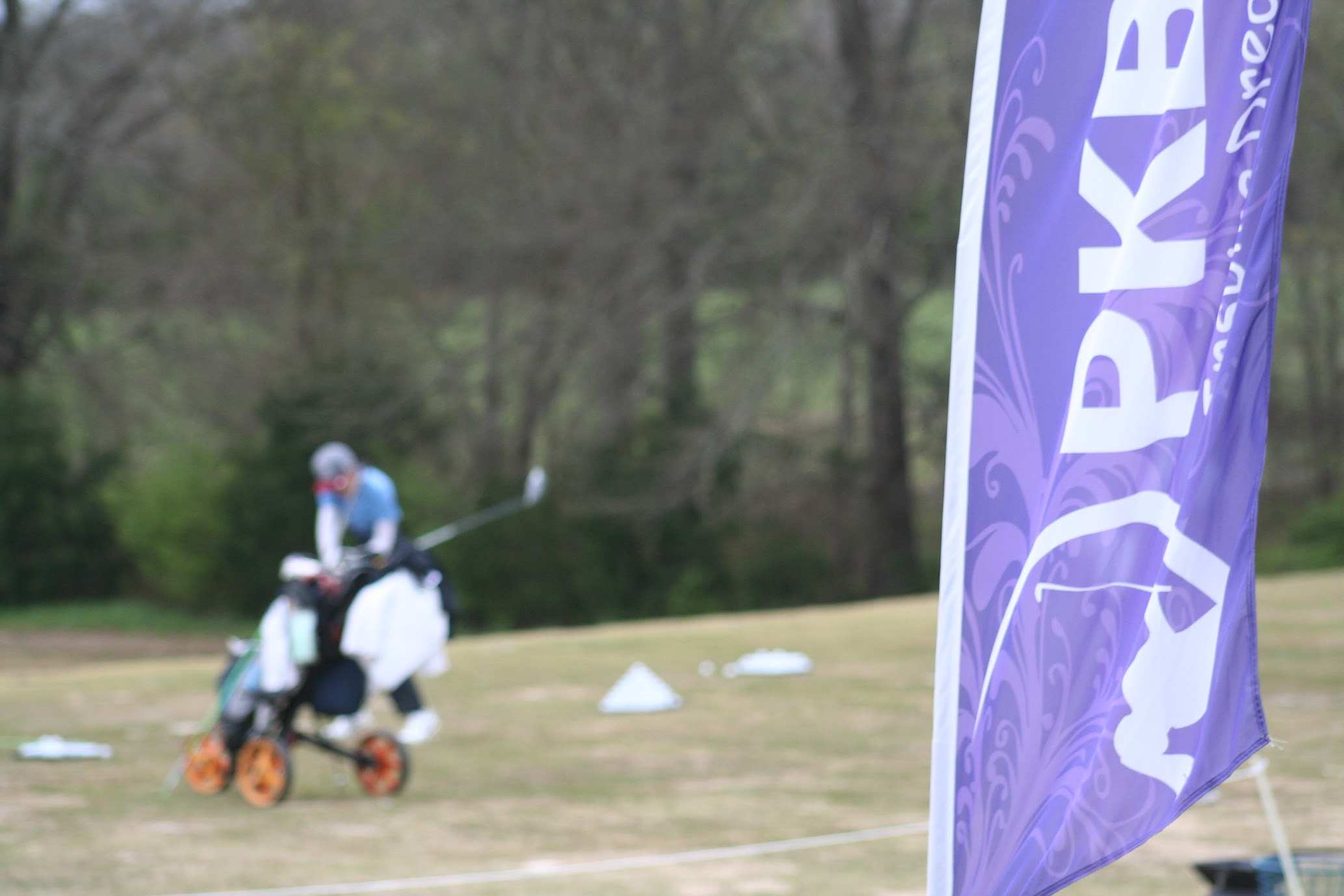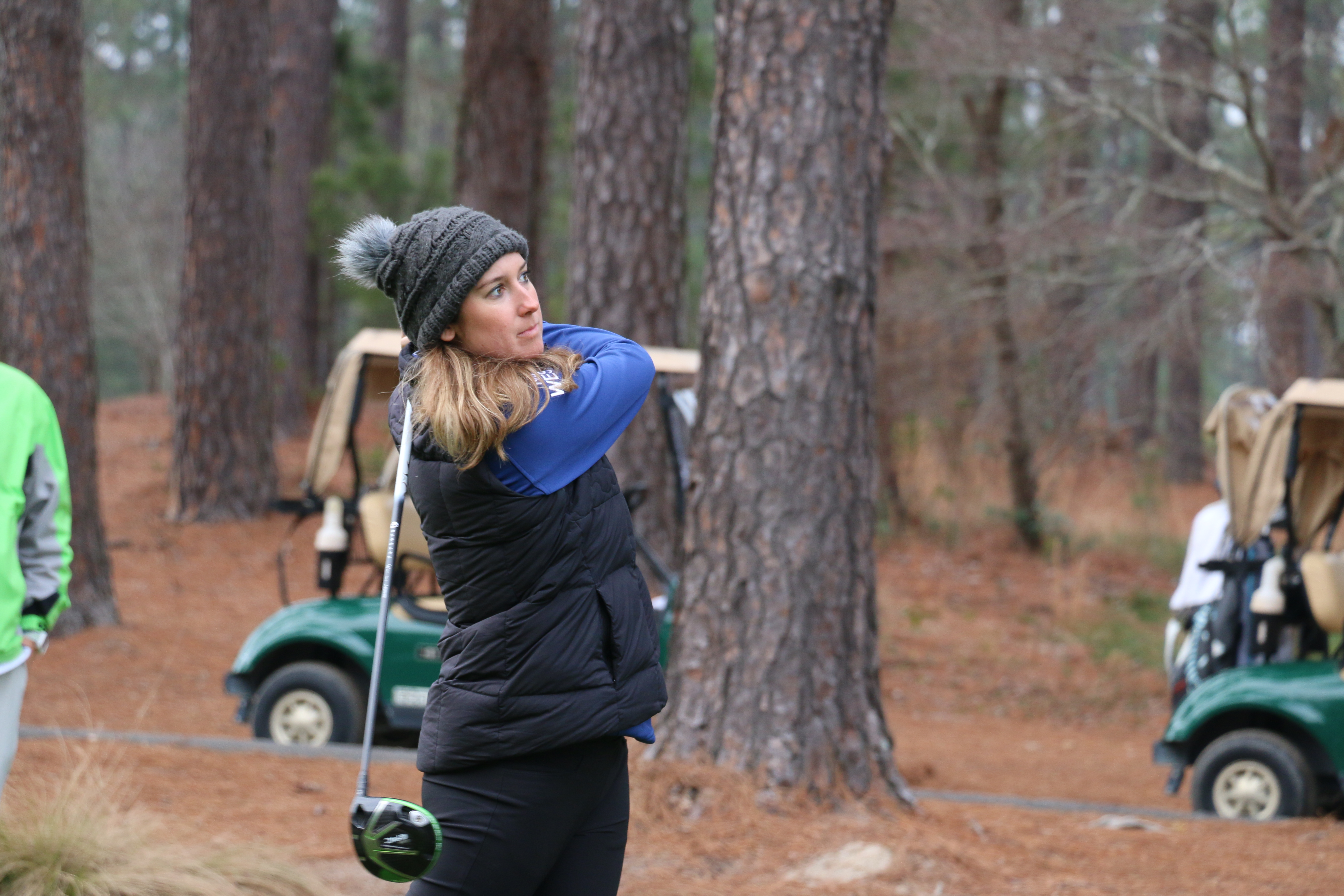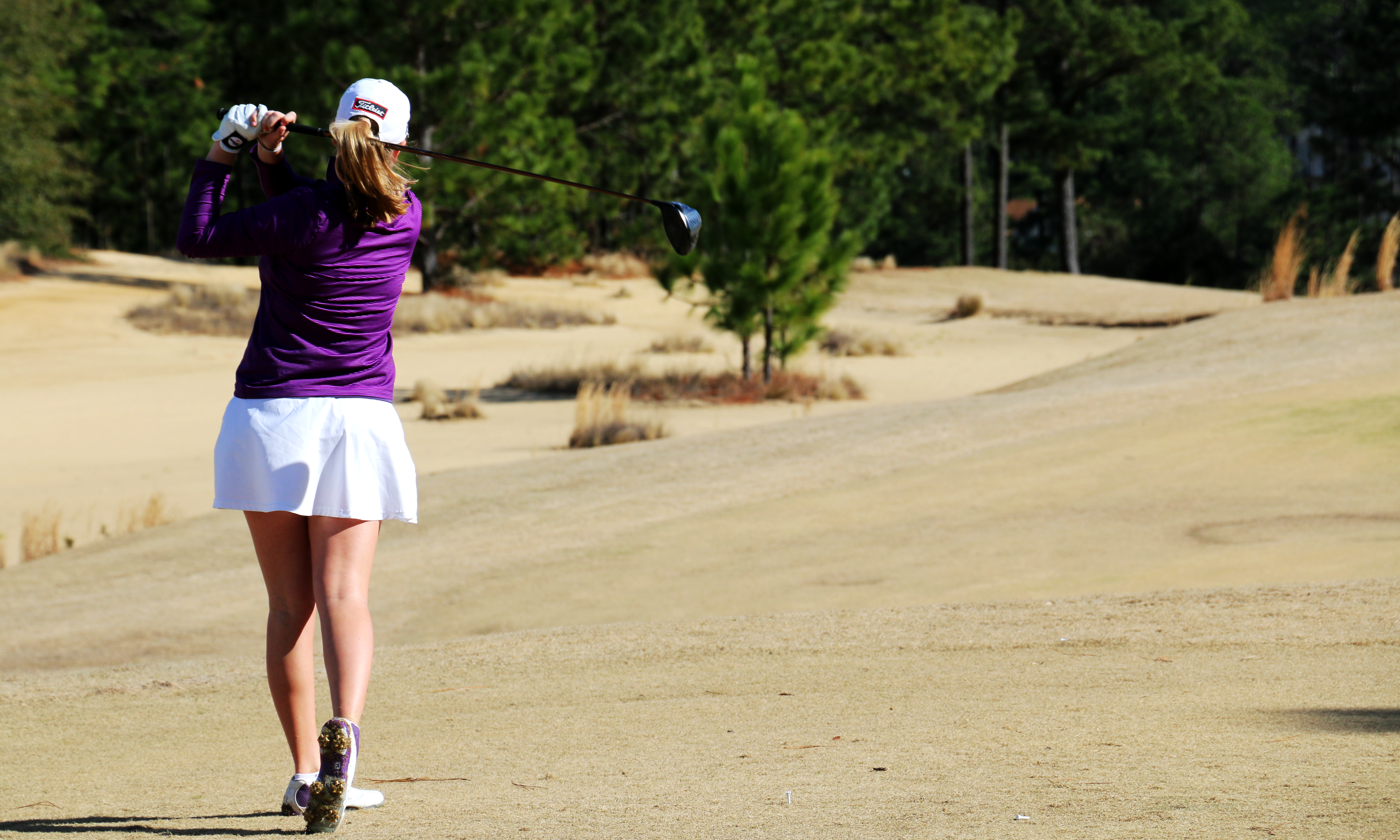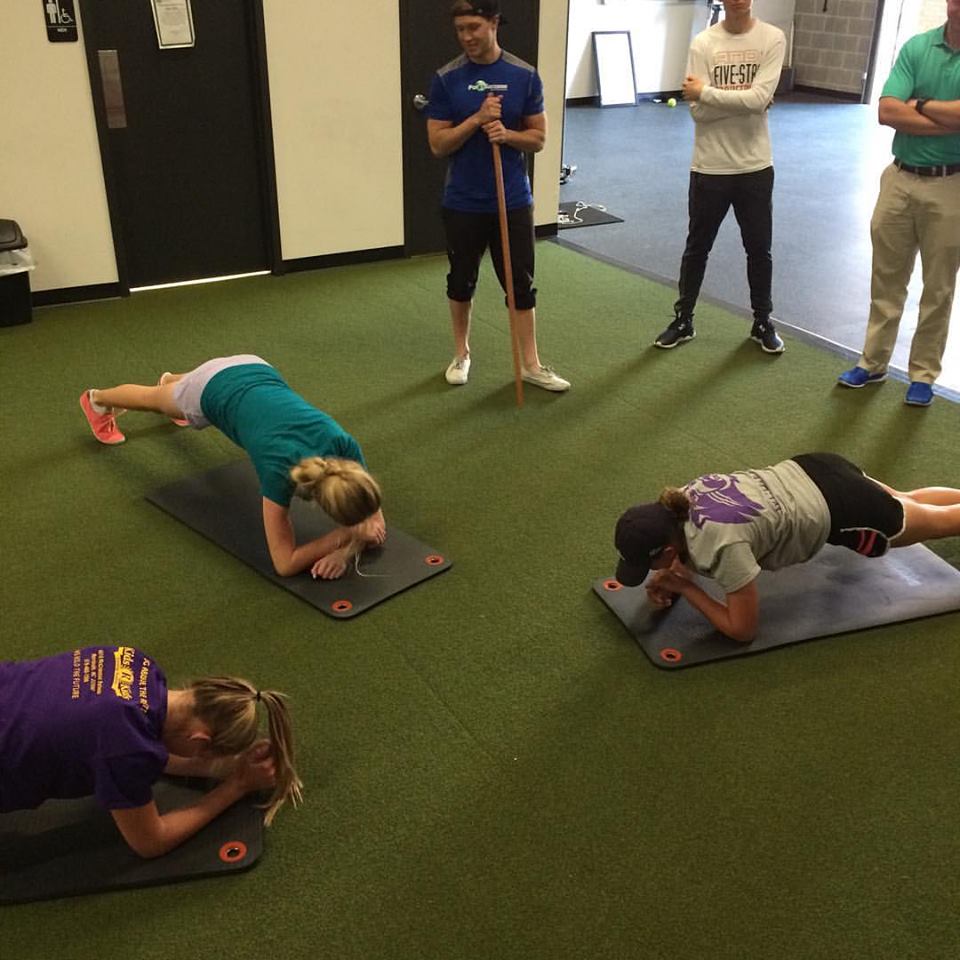The driving range is the biggest barrier to a golfer’s success. Period. It is a place where quantity is king, and quality is the court jester. Repeating swing after swing in a blocked practice format actually breeds repetitive injuries and ends careers. Minimal carry over onto the course from the range is what keeps handicaps and frustrations high, while contributing to the high number of injuries that we see on a regular basis.
The sad thing is that most golfers think that taking lessons, beating balls on the range and playing in tournaments is the simple three ingredient formula to elite level success.
From a mindset standpoint, it is easy to see how this happens. If you want to get better at golf, hit more golf balls, right?
Wrong!
This is where we need to have the discussion about quality vs quantity and how important time management is to make room for the things that add value to your long-term improvement and overall health.
The research done on learning is crystal clear; the best learning that sticks and is accessible by an athlete under pressure occurs outside of a blocked format. Unfortunately, 95% of golfers use the blocked format (aka. hit a whole lot of the same club and same shot flight over and over until they get it right and then switch to the next club).
Random practice has been proven to carry over to the course much better and is where golfers will learn to perform different shots under pressure. There are apps and games you can play that tell you, for example, to hit a high draw with a 7 iron on this swing, and then your next shot on the range is a 75 yard approach with a wedge flighted low.
The research is also clear that quality reps produce better results than just a lot of reps.
By attempting to simulate what is more realistic on the course, there is a higher likelihood of you being successful when you get there. Practice on the course, hit off different lies, play games on the range to force you to hit different clubs and different shots, have a specific target like you would on the course and, for the love of golf, have fun with it!
You wouldn’t tell a kid who wanted to play in the NBA to stand on the free throw line and just shoot free throws all the time. So why do you tell yourself that the key to playing better golf on the course is to not go on the course but to rather practice on the range doing the same thing over and over on a totally flat perfect lie?
Chris Finn, Par4Success, owner








Leave A Comment